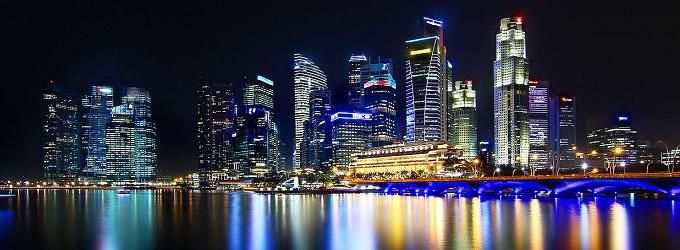Singapore commits to peak emissions by 2030
Singapore is aiming to reach peak emissions by 2030 and will cut its carbon emissions by 36 per cent from 2005 levels

Singapore has announced its aim to reach peak emissions 2030 and will cut the carbon emissions it emits per GDP dollar by 36 per cent from 2005 levels, according to an announcement on Friday.
The National Climate Change Secretariat (NCCS) submitted the city states Intended Nationally Determined Contribution (INDC) to the United Nations joining countries including China, the United States, South Korea, Mexico, and Canada that have recently made climate pledges ahead the crucial UN negotiations in Paris in December.
Singapore accounts for 0.11 per cent of global greenhouse gas emissions and is aiming to reduce its emissions intensity, or emissions emitted per dollar of gross domestic product (GDP), from 0.176 kg of carbon emissions equivalent per dollar of GDP in 2005 to 0.113 kg in 2030.
According to the NCCS, Singapore’s absolute emissions will peak at approximately 65 million tonnes around 2030.
China pledged last week to reach peak greenhouse emissions by 2030, and is aiming to reduce its emissions intensity by up to 65 per cent and meet 20 per cent of its energy consumption with clean energy.
The UN Framework Convention on Climate Change (UNFCCC) will assess all the INDCs submitted by October, and will compile a report on the estimated total emissions reductions in November.
Teo Chee Hean, Singapore’s deputy prime minister and head of the states climate change committee, said: “For a very small country with limited alternative energy options, the stabilisation of our emissions with the aim of peaking around 2030 requires serious effort by everyone.”
Singapore’s INDC was finalised after extensive consultation with various ministries, academic and industry experts, and held public consultation initiatives that showed that improving energy efficiency was a key strategy to help Singapore’s power, buildings, households, industry, and transport sectors cut emissions.
The NCCS said: “The government will continue to seek feedback on new measures before they are introduced. Sufficient lead time will be given to businesses and households to adjust to the new requirements.”


